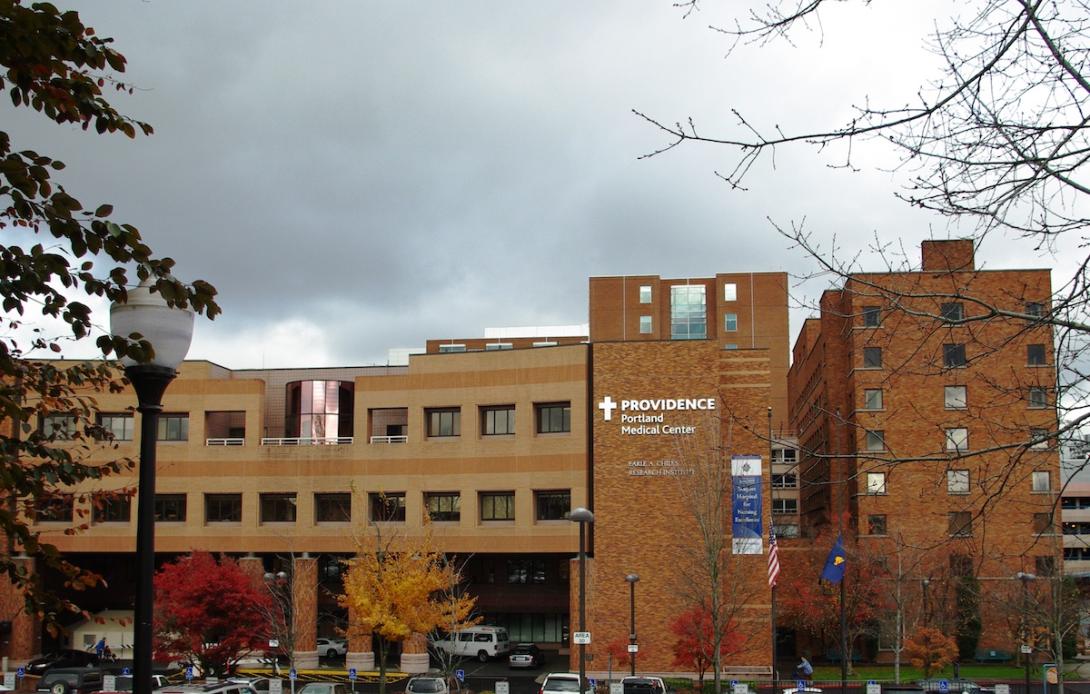
About 260,000 Oregonians who use Regence BlueCross BlueShield coverage will retain their access to care from Providence Health & Services providers after the two companies resolved a contentions contract negotiation over reimbursement rates.
The agreement came only after a Jan. 15 deadline hit and as Providence was poised to terminate its contract with the insurer. As a result, Regence members will continue to obtain care from Providence without being slapped with major out-of-network fees.
Providence, which had said its proposed contract was consistent with its agreements with other insurers, issued a statement. “We are grateful for Regence’s acknowledgement of our need to meet rising costs and compensate our caregivers, and we look forward to working in continued partnership and collaboration with Regence to serve our patients and communities,” it said.
And Regence, which had portrayed Providence’s proposed contract as excessive, issued its own. "We are pleased to share that Providence Health & Services has agreed to withdraw its termination and will remain in network for Regence commercial and Medicare Advantage members.”
As of September 30, Regence covered roughly 67,000 Oregonians through its Medicare Advantage plans, according the Oregon Division of Financial Regulation. It also covered 197,370 Oregonians in the commercial market, private coverage that is typically obtained through an employer that also includes plans covering individuals, according to the same figures.
Providence operates eight hospitals and 90 clinics in Oregon, as well as surgery centers and home health services.
Contract disputes between insurers and hospital systems have increasingly gone public in Oregon and across the country. The trend is sparking concerns among advocates over the confusion and uncertainty that it causes for seniors among others.